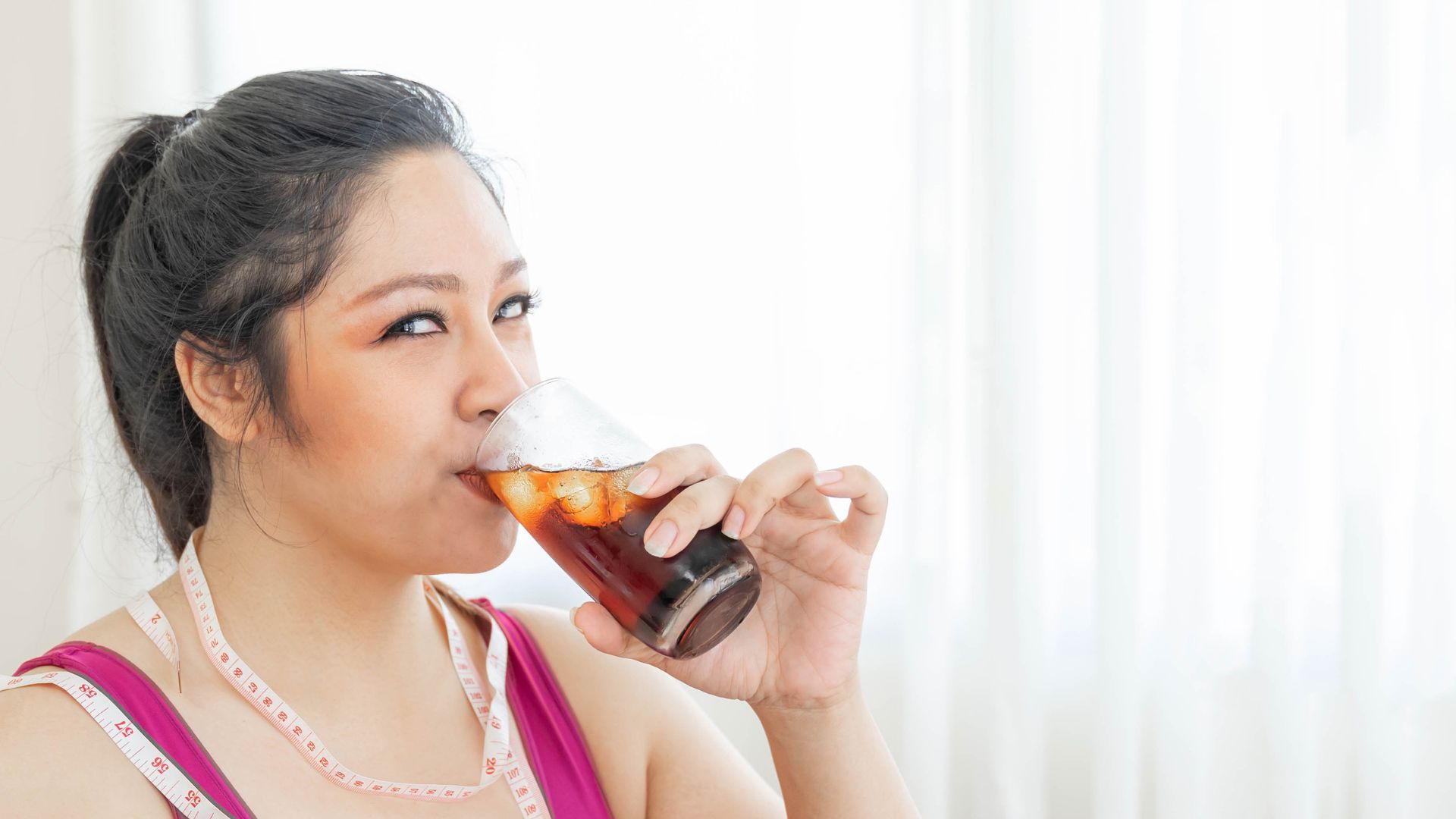What Is Aspartame?
Aspartame signifies an artificial, non-saccharide sweetener. It’s commonly used to substitute sugar in a broad range of food and drinks because of its low-caloric nature. Two amino acids, specifically phenylalanine and aspartic acid, comprise the primary constituents of aspartame. It’s roughly 200 times sweeter than table sugar, allowing for considerably less amounts in maintaining sweetness, thus decreasing the calorie count. However, various studies indicated potential health concerns, leading to public scrutiny and demand for aspartame-free alternatives.
People are increasingly recognizing the benefits of aspartame-free beverages, particularly in the diet soda category. There are three primary reasons for this transition:
- Health Consciousness: Multiple studies highlight links between aspartame and numerous health issues, including migraines, depression and other neurological problems. Therefore, health-conscious individuals are leaning towards aspartame-free options to mitigate these risks.
- Superior Taste: Aspartame imparts an aftertaste that some find unpalatable. Substitutes like stevia or erythritol, used in aspartame-free diet sodas, generally offer a more natural, sugar-like taste.
- Dietary Restrictions: Certain conditions, such as Phenylketonuria (PKU), prompt individuals to have strict dietary restrictions. Aspartame is a source of phenylalanine, therefore, its elimination is necessary for those with PKU.
Aspartame Free Diet Soda
Aspartame-free diet sodas present several health advantages. Firstly, they alleviate potential health risks associated with aspartame. Scientific studies display a direct link between aspartame and several health issues, such as headaches, digestive problems, and mood disorders. Uptake of an aspartame-free diet soda diminishes these associated risk factors. For instance, consuming beverages devoid of aspartame lowers the chance of experiencing headaches, which often occur as a side effect of aspartame consumption.
Moreover, aspartame-free diet sodas aid individuals with Phenylketonuria (PKU). PKU, a genetic disorder, causes difficulty in metabolizing the amino acid phenylalanine, a component of aspartame. Drinking an aspartame-free diet soda, an individual with PKU avoids the harmful effects of phenylalanine accumulation, thus safeguarding their health.
Besides, the risk of potential side effects linked to long-term aspartame consumption also reduces. Aspartame’s potential long-term effects consist of increased risk of heart diseases, diabetes, and possibly even cancer. An aspartame-free diet soda, conversely, mitigates the aforementioned risks.
Impact on Sugar Intake
Aspartame-free diet soda also impacts sugar intake positively. Diet soda, the name suggests low amounts of sugar or lack thereof. However, many diet sodas rely heavily on artificial sweeteners like aspartame as sugar substitutes. The introduction of aspartame-free diet sodas, albeit, provides a promising alternative.
The alternative sweeteners used, such as Stevia or Erythritol, do not impact blood glucose levels like sugar. For example, Stevia—a natural substance derived from the leaves of the Stevia Rebaudiana plant—provides sweetness without the unwanted sugar rush or calories. Similarly, Erythritol, a sugar alcohol widely used in diet products, offers the sweetness of sugar but with significantly fewer calories.
Aspartame-free diet soda acts instrumental in reducing daily sugar intake. It aids individuals, especially those on a weight-loss journey or those managing conditions like diabetes, in keeping their blood sugar levels in check. It’s a refreshing beverage choice that also contributes to overall health improvement.
Popular Aspartame-Free Diet Soda Brands
Taste defines the success of any beverage, with aspartame-free soda brands being no exception. For instance, Zevia Zero Calorie Soda champions a natural taste with the help of Stevia, a plant-based sweetener. The company prides itself on its line of soda flavors, ranging from traditional Cola to exotic options like Black Cherry.
Similarly, Virgil’s Zero Sugar sodas utilize a blend of monk fruit, Stevia, and Erythritol, promising a full-bodied taste without the need for aspartame. Unique binary fusions like Vanilla Cream and Black Cherry give them an edge in flavor variety.
Hansen’s Diet Soda, on the other hand, bank on their use of acesulfame potassium and sucralose to provide a traditional, familiar soda taste. With classics such as Root Beer and Creamy Orange, they adhere to more conventional flavor palettes.
Aspartame-free diet sodas cater to a wide array of personal preferences and health considerations. Their rise in popularity demonstrates a more informed, health-oriented consumer base prioritizing more natural alternatives over artificial sweeteners.
